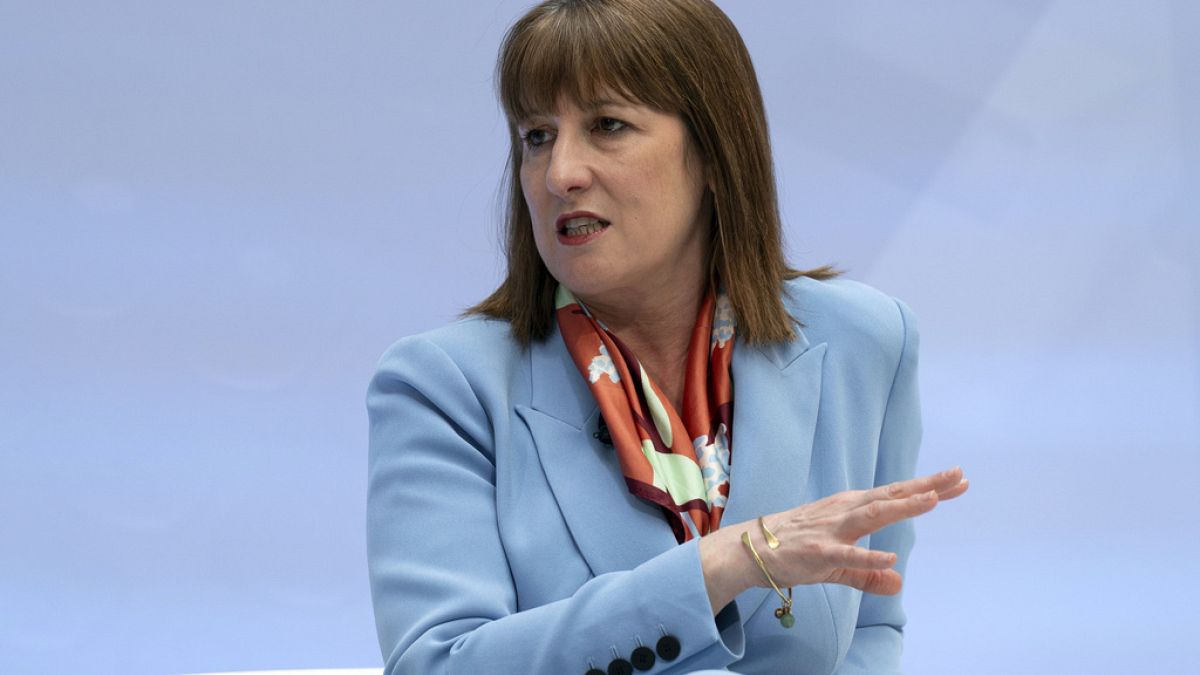Greece, Portugal and Romania have below-average scores on more than half of the indicators.
Research conducted on OECD countries in the EU has shown that around eight in 10 people aged 45 and over who saw a primary care professional in the previous six months have at least one chronic condition.
Over half have two or more, and over a quarter have three or more.
There are 11 Organisation for Economic Cooperation and Development (OECD) member countries that are also in the EU: France, Belgium Luxembourg, Slovenia, the Czech Republic, Greece, Spain, the Netherlands, Romania, Portugal, Italy.
More than 70% of people in those countries who live with multiple chronic conditions take at least three medications, and more than a third take four or more.
Most people with chronic conditions reported having hypertension, along with arthritis, cardiovascular disease and breathing or mental health conditions.
“Chronic conditions are prevalent, costly, and place a considerable burden on patients, caregivers, healthcare professionals and healthcare systems,” the latest OECD patient survey found.
France and the Czech Republic reported the highest percentage of people with two or more chronic conditions alongside mental health conditions, with 77.24% and 70.13% respectively.
What factors can affect health care?
On average, women’s well-being scores are typically 3% to 5% lower than men’s.
The gender gap is as high as 9% in some countries, such as Portugal and Italy, while in Luxembourg it is less than 3%.
Meanwhile, socio-economic status, age and living with multiple chronic conditions are major factors in trusting the health care system.
In Italy, for instance, nearly three out of four people living with chronic conditions (74%) with higher incomes trust the health care system, compared to 60% of people with lower incomes.
This represents a 14 percentage point difference in trust.
An ageing population coupled with increasing life expectancy go hand in hand with the rising prevalence of chronic conditions, which now account for 74% of all deaths globally, according to the OECD’s survey.
Spending more on health care can lead to better physical health, but it doesn’t always result in better outcomes for all patients.
The Czech Republic and Slovenia, for example, have recorded strong health outcomes despite spending relatively little on health care per person.
People who live with multiple chronic conditions and have a longstanding relationship with a primary care professional are more likely to report better quality of care.
The highest proportions of patients with long-term continuity were observed in Romania, the Czech Republic and the Netherlands, where over half of patients indicated having been with the same primary care professional for over a decade.
Older and less educated individuals tend to have more difficulty in understanding health information and have less confidence than younger and highly educated people in using digital technology to manage their health.
In the Czech Republic and France, over 30% of people said they were confident in using health information from the internet to make health decisions, while in Italy, Romania and Belgium it was less than 10%.
Video editor • Mert Can Yilmaz















